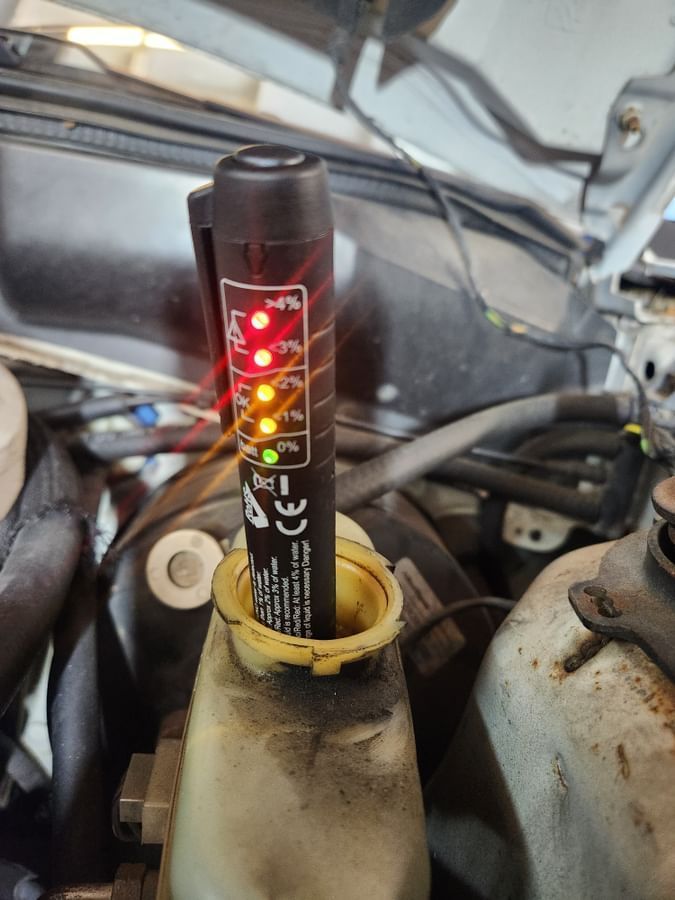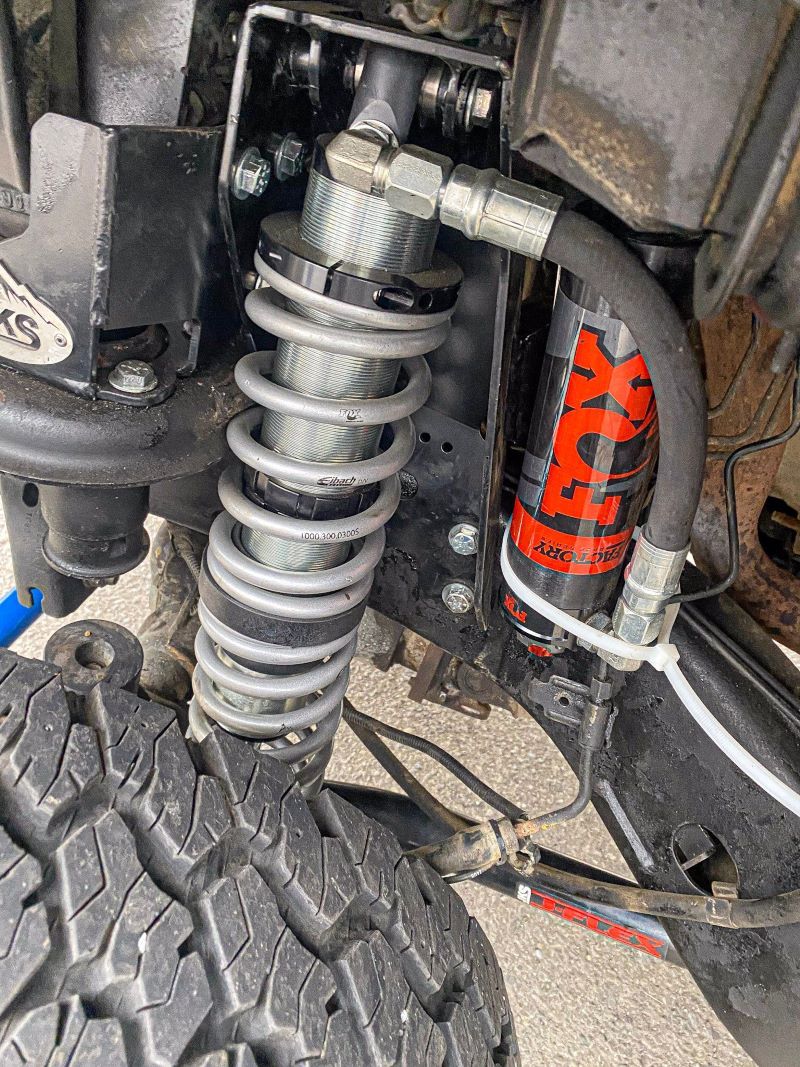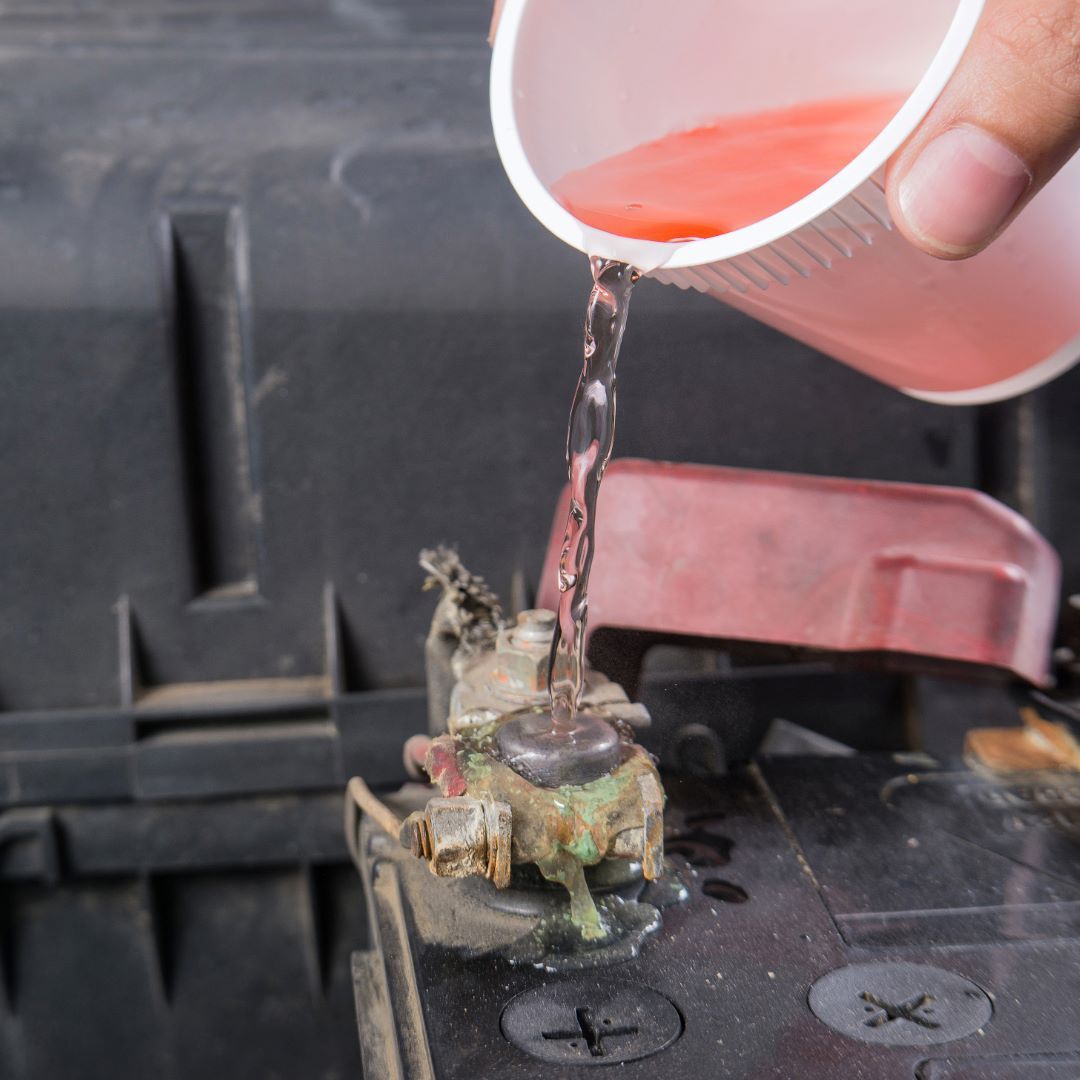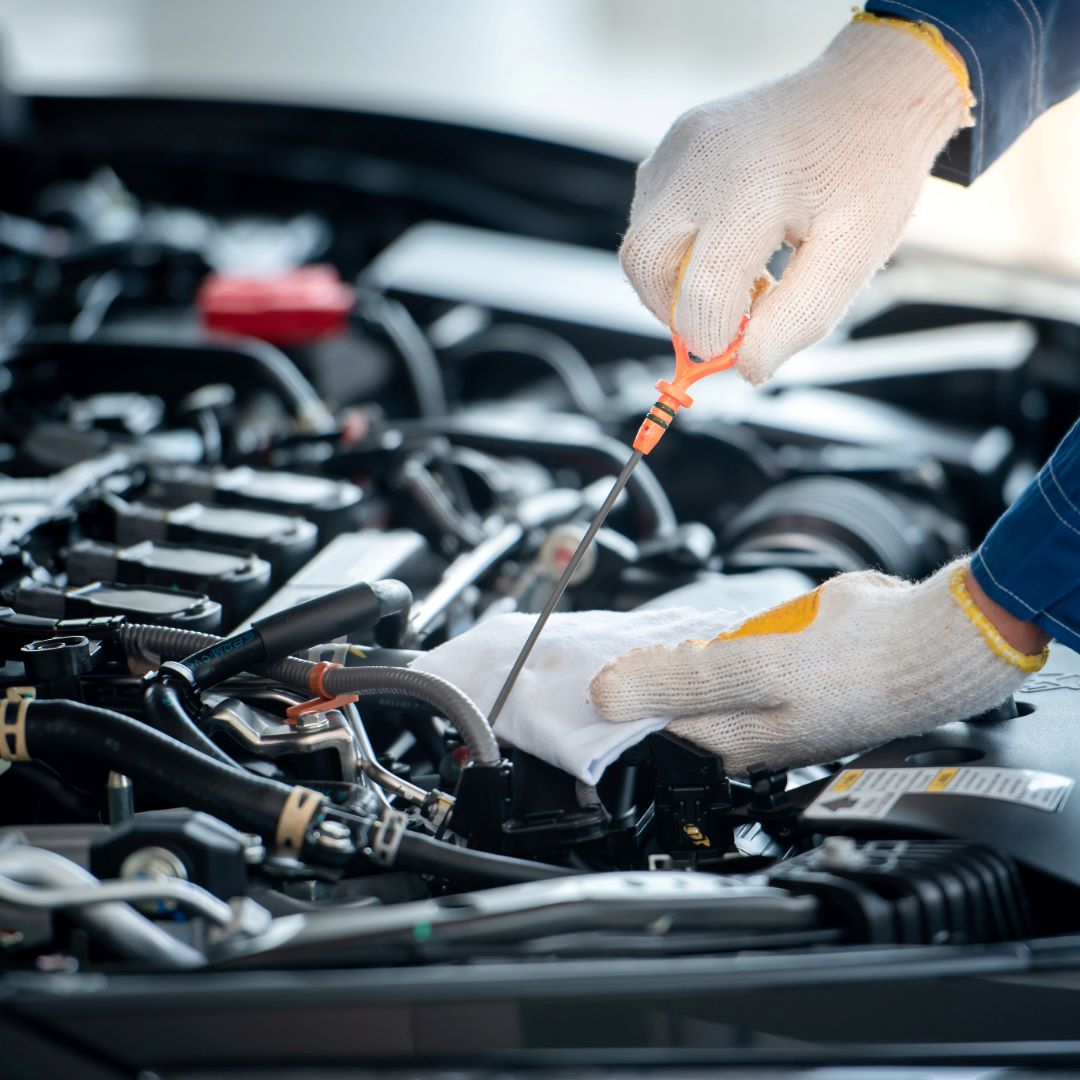Common Brake Failures and What You Can Do About Them
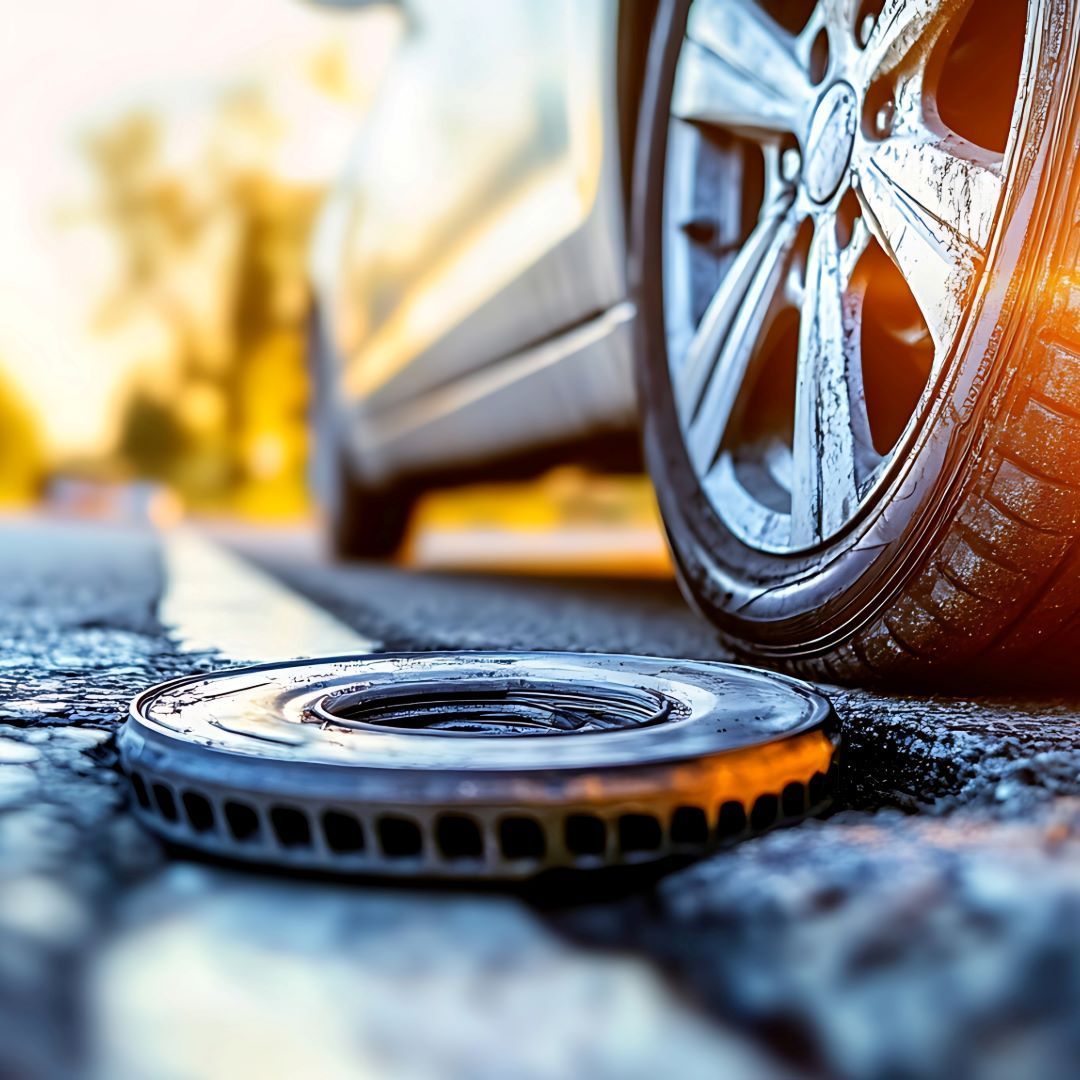
Common Brake Failures and How to Fix Them | ABC Auto Repair Burien
Brake failures are no joke at best, they result in costly repairs. At worst, they can be fatal.
If you’ve ever felt your brake pedal sink to the floor, experienced loud grinding, or even seen smoke coming off your tires, you’re not alone. These are some of the most common signs of brake failure, and they almost always come down to lack of maintenance or ignoring early warning signs.
Whether you’re conducting regular maintenance or suddenly find yourself in need of urgent brake repairs, here’s what you need to know.
Spongy or Sinking Brake Pedal
If your brake pedal feels soft, spongy, or sinks all the way to the floor, there’s likely air in your brake lines. This typically means there’s a brake fluid leak somewhere in the system.
How to fix it:
- Perform a full inspection of the brake master cylinder, brake lines, and calipers to find the source of the leak.
- Replace the faulty component.
- Perform a brake system bleed to remove any trapped air.
If no leak is found, the culprit may be old brake fluid. Brake fluid attracts moisture over time, which causes internal corrosion and decreases braking performance.
Pro tip: Flush your brake fluid every 60,000 miles, or as recommended in your owner's manual.
Grinding Noise or Vibration
A loud grinding noise or vibration in your brake pedal is a red flag. This usually means your brake pads have worn down completely, and the metal backing plate is now grinding against the rotor.
This not only kills your stopping power it creates extreme heat that can lead to tire fires.
What needs to be done:
- Replace both brake pads and rotors.
- Never do a “pad slap” (replacing pads only). It’s unsafe and can lead to premature failure.
A full front and rear brake job usually takes 3–4 hours and is recommended every 30,000 miles or 2 years, depending on driving style.
Squeaking Brakes
If your brakes are squeaking, there are three main causes:
- Wear indicators: These metal tabs are built into the pads and start to squeak around 2mm of pad life giving you a two-month warning before grinding starts.
- Poor-quality brake pads: Cheap imported pads often squeak and don’t guarantee stopping power.
- Dirty brake hardware: Dust and grime buildup can cause noise.
Brake Warning Lights
A red brake light on your dashboard is serious. It typically indicates:
- Low brake fluid
- A leak in the brake system
- An electrical failure
What to do:
- Check your brake fluid level.
- Top it off with the manufacturer-specified fluid (DOT 3, DOT 4, or DOT 5).
- If the light turns off after topping off, you still need to find out where the fluid went. Fluid doesn’t just evaporate if it’s low, there’s a leak.
Some red brake lights are caused by electrical faults, which require scanning the brake system with professional tools not something your local parts store can typically help with.
If the light is on, play it safe and schedule a brake system diagnostic.
Stay Ahead of Brake Failures with Regular Maintenance
The best way to prevent brake failure is to stay on top of your vehicle's routine inspections. Any reputable shop will give you a full inspection report when you come in for service pay close attention to the technician’s notes on brake pad thickness, fluid condition, and warning lights.
Where to Get Brake Repairs in Burien, WA
At ABC Auto Repair in Burien, we specialize in premium-quality brake service using trusted components from Okebono, Power Stop, and NAPA Premium. Whether it’s a fluid flush, pad and rotor replacement, or full brake diagnostic, we’ve got you covered.

